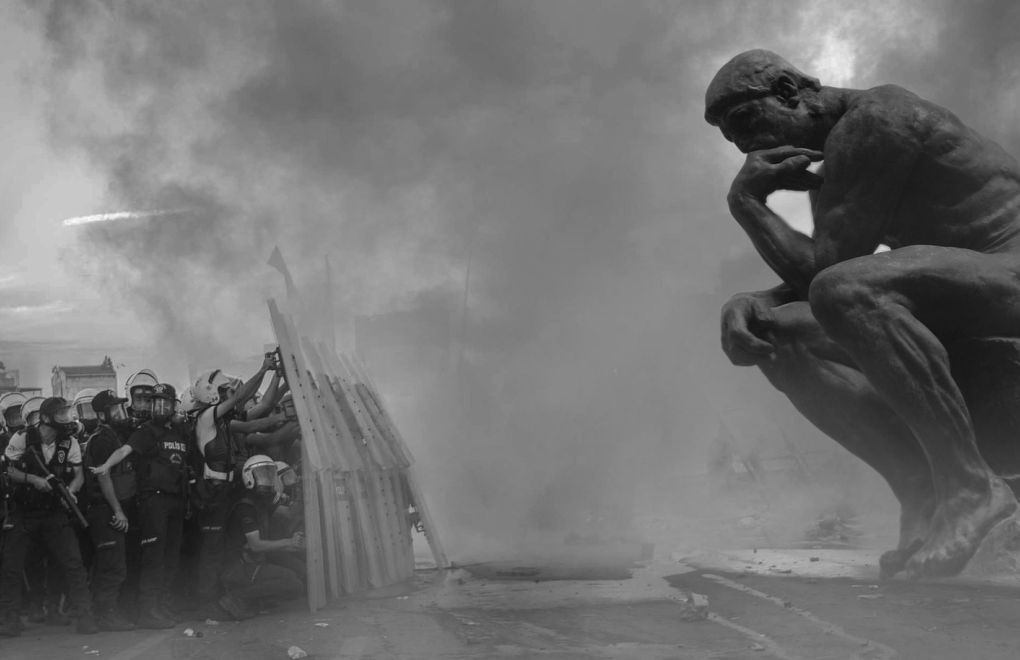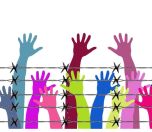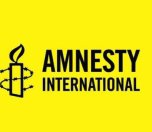* Photo/image: Engin Akyurt, Pixabay
Click to read the article in Turkish
Today is December 10 Human Rights Day, which marks the 72nd year since the adoption of the Universal Declaration of Human Rights (UDHR) by the United Nations (UN) General Assembly in 1948.
On this occasion, the Human Rights Foundation of Turkey (TİHV) and Human Rights Association (İHD) have released a joint statement.
"As we did in the past, we will continue to make violations visible by documenting and reporting them, and thereby to prevent and fight impunity and to foster respect for human rights," the statement has stressed.
The rights organizations have underlined that in the 72nd year of the adoption of the UDHR, we are faced with a global crisis with its political, social, economic and ethical dimensions, which have been aggravated by the novel coronavirus (COVID-19) pandemic.
"While the outbreak makes the weaknesses and deficiencies of the international system blatantly obvious, it also shows where this concerning state of affairs might evolve," the organizations have noted.
"Despite all these negative developments, peoples from all parts of the world raise their objections with their demands for freedom, justice, equality and human rights. As for the responses of states and governments to these objections, they systematize and spread violence of every stripe and imposes them on societies as the only reality of life."
December 10 Human Rights DayHuman Rights Day is observed every year on 10 December — the day the United Nations General Assembly adopted, in 1948, the Universal Declaration of Human Rights (UDHR). The UDHR is a milestone document that proclaims the inalienable rights which everyone is entitled to as a human being - regardless of race, colour, religion, sex, language, political or other opinion, national or social origin, property, birth or other status. Available in more than 500 languages, it is the most translated document in the world. The Universal Declaration of Human Rights entered into force in Turkey after it was published in the Official Gazette on May 27, 1949. |
'Outbreak addressed as a "security problem"'
On this occasion, the TİHV and İHD have also issued a report documenting the state of freedoms and human rights in Turkey. "Addressing the outbreak as a problem of security rather than an action for prevention and protection, the government has cancelled human rights first, as it always does in such cases," the statement has protested and briefly added:
"As a result of this, all basic rights and freedoms, especially right to obtain information, right to healthcare, right to work, freedom of expression and freedom of assembly and organization have been systematically violated.
'Torture has taken on a new dimension'
"Though it is absolutely prohibited and considered a crime against humanity under the universal law, which Turkey is also a part of, torture has been the major human rights problem in the country in 2020 as well.
"In addition to the official detention centers, the practices of torture and maltreatment committed by law enforcement during their intervention in peaceful assemblies and demonstrations, in the street and open places or places such as houses and workplaces, i.e. in unofficial places and cases of detention, have taken on a new dimension and intensity.
"As a result of the political power holders' governing style based on pressure and control, the entire country has turned into place of torture in a sense.
"In the first 11 months of 2020, 573 people applied to the TİHV, complaining that they had been subjected to torture and other forms of ill treatment.
'Armed conflict environment persists'
"Today, prisons are packed as the law is used by the political power holders in Turkey as a tool of pressure and intimidation. Prisons are the places where grave and serious violations ranging from the violation of right to life to torture and access to healthcare take place. Prisons are one of the riskiest places in terms of COVID-19 outbreak.
"Kurdish question is still one of the most basic obstacles standing in the way of Turkey's democratization.
"As a result of the government's failure to take sincere and comprehensive steps for a peaceful, democratic and just resolution of the problem and the developments in the Middle East, the armed conflict environment that started right after the General Elections on June 7, 2017 still persists today, causing grave and serious violations of human rights, especially right to life.
'It affects women, children, refugees most'
"Turkey is going through one of the most severe economic crises of the last 40 years. This picture has been aggravated by COVID-19 outbreak.
"The violations of rights faced by people who do not have the opportunity to stay home and have to/ are forced to work in construction sites, factories and markets in conditions lacking adequate measures vary considerably.
"Occupational homicides rank first among these violations. Unemployment and poverty affect women, children and refugees most.
'No reforms in such a picture'
"The political power holders' talks of reform in human rights and judiciary should not be seen as a realizable pledge in such a picture.
"If there is really a will for reform, it is a must to draft a new and democratic constitution based on separation of powers and to usher in a real resolution process for the conflict that will ensure facing the past.
"Anything that will be done without taking these steps will not be a reform, but a window dressing in response to the international reactions." (AS/SD)
* Click here for the full report (in Turkish)










